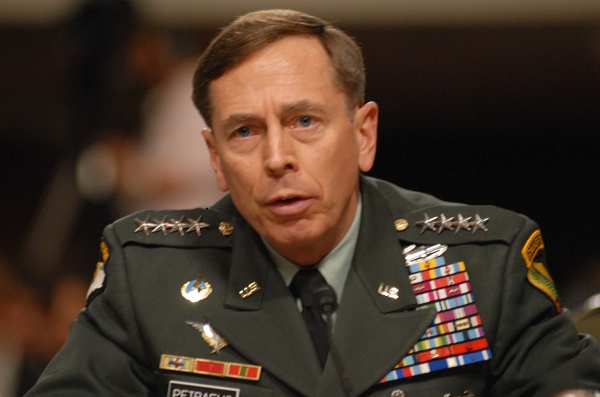David Petraeus’ move from CENTCOM commander to battlefield commander in Afghanistan is akin to a sports team’s general manager taking on the coaching duties. It’s not uncommon in sports, but it may be an unprecedented move for a combatant commander, according to Derek Reveron, who edited the 2004 book America’s Viceroys, a study of the unique combination of political, diplomatic, and military power vested in combatant commanders. (Recall that George W. Bush and Donald Rumsfeld thought they had become too powerful and sought to rein them in, including changing their title from commander in chief, CINC, to combatant commander.)
In returning to a battlefield command — similar to the one he held in Iraq before being promoted to CENTCOM chief– Petraeus may be the only combatant commander to have made such a move, and certainly the only one in the post-Cold War period when combatant commanders achieved their singular influence, says Reveron, a professor of national security affairs at the Naval War College.
But replacing Stanley McChrystal as commander in Afghanistan probably should not be seen as a demotion of Petraeus, Reverson told me in a phone interview this morning. Rather the move underscores the signature importance of Afghanistan to U.S. policymakers and its operational significance to the military. “The job that Petraeus has is the most important job that any general or admiral could have,” Reveron says.
The Petraeus move is further evidence of how the battlefield commanders in Iraq and now in Afghanistan have been elevated to nearly on par with the combatant commanders, even though technically they still report to them. In Petraeus’ case, he’ll now be reporting both to NATO Supreme Allied Commander, U.S. Admiral James Stavridis, because Afghanistan is a NATO mission, and to whoever the new CENTCOM commander is. Possibly throwing things further out of whack, the new CENTCOM commander could be one of Petraeus’ own recent underlings there.
The reality, however, is that Petraeus will have a “direct line” to Washington, Reveron says. If the President, the secretary of defense, or Congress has questions, they’ll call on Petraeus directly, whatever the formal command structure might be.









